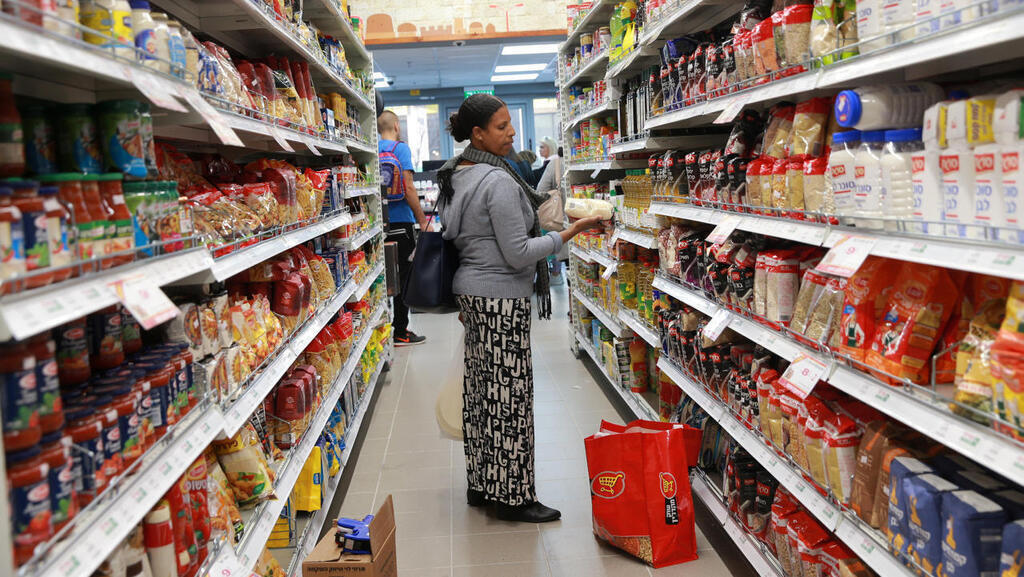According to information published by an OECD annual report last week, Israel was 38% more expensive to live in among member states and had the highest cost of living, surpassing Switzerland in second place. In the organization's monthly report, Israel was in fourth place, most likely due to the devaluation of the shekel.
Read more:
Yannay Spitzer, from Hebrew University's Department of Economics, says there are challenges in comparing the cost of living in different countries.
"There is a methodology challenge. The Consumer Price Index (CPI) is examined according to a relatively standard list of purchases that may not correctly reflect the actual purchasing practices of households. In Israel, for example, there is less of a need to heat homes, so the cost of heating should not be given the same prominence as it is given in northern Europe."
But those challenges do not mean there is no value in comparing between the member states.
"The challenges in the methodology must be considered but one cannot ignore a long-term trajectory of an increase in the Israeli cost of living over the past 25 years. If, in the past, the cost of living for Israelis was on par with the OECD average, today it is among the most expensive countries," he said.
Spitzer said there is no consensus among economists as to the reasons for the cost of living hike and the conversation usually revolves around the matter of free market competition.
"There are many problems in a non-competitive market, that can affect the cost of living and must be addressed by the government, but those also existed 25 years ago so they cannot be an explanation for the current trend. Some attribute it to the value of the shekel in recent decades but to me, that can only explain short-term trends."
Spitzer said housing is a factor. "Price indexes calculate the cost of rent which has risen considerably all over the world since 2015, but more so in Israel," he explains.
He sees the balance of payments (BOP) as a major contributing factor to the cost of living. "Israel has become more of an exporter, thanks to the growth of its high-tech sector while other sectors have slowed. When one sector of the economy is more productive than others and increases exports that yield foreign currency, the other sectors, cannot keep up and prices rise," he said.



